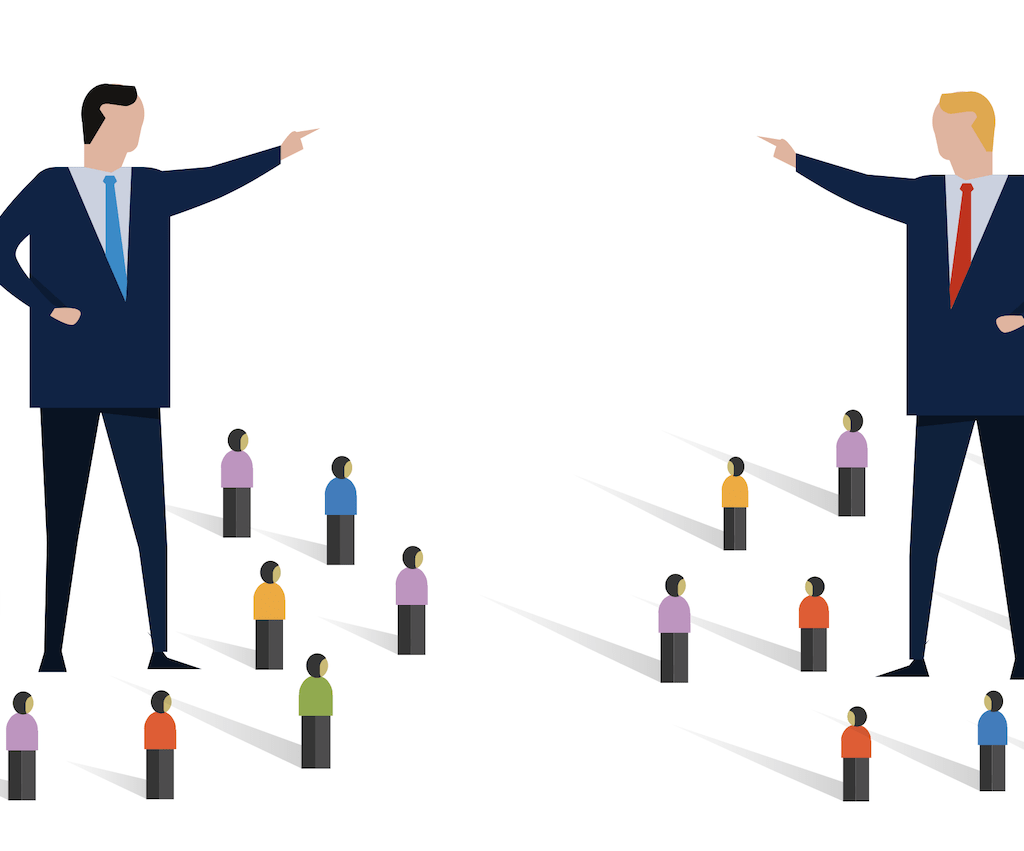The Impact of Political Polarization on Government Decision-making
Political polarization is the increasing divide between political parties and their supporters on key issues.
This polarization has significantly impacted government decision-making, making it more difficult for policymakers to come to agreements and pass meaningful legislation. In this essay, we will explore the impact of political polarization on government decision-making.

One of the main effects of political polarization is that it has led to increased partisanship in government decision-making.
Political parties and their supporters have become more ideologically entrenched and less willing to compromise on key issues. This has made it difficult for policymakers to find common ground and pass legislation that reflects a broad consensus.
As a result, government decision-making has become more gridlocked and less effective. Politicians spend more time and resources on political posturing and rhetoric than on finding solutions to problems.
This has led to a decrease in public trust in government and a perception that politicians are more interested in advancing their agendas than in serving the needs of the public.
Another effect of political polarization is that it has led to a decrease in cross-party collaboration. Politicians are less likely to work together across party lines to find common ground and pass meaningful legislation.
This has led to a decrease in bipartisanship and an increase in political deadlock.
In addition, political polarization has made it more difficult for policymakers to respond to emerging challenges and crises. In times of crisis, politicians are often called upon to act quickly and decisively to address the issue at hand.
However, political polarization has made it more difficult for politicians to come to a consensus on how to respond to crises, leading to delays in action and an inadequate response to the crisis.
Furthermore, political polarization has hurt the public’s perception of government decision-making. Many people view politics as a zero-sum game, where one party wins and the other loses.
This perception can lead to a lack of trust in the political process and a belief that politicians are more interested in advancing their interests than in serving the needs of the public.
Overall, political polarization has had a significant impact on government decision-making. It has led to increased partisanship, a decrease in cross-party collaboration, difficulty in responding to emerging challenges and crises, and a decrease in public trust in government.
There are several potential solutions to address political polarization and improve government decision-making. One solution is to encourage more civil discourse and respectful communication between political parties and their supporters.
This can help to create an environment where politicians are more willing to engage in cross-party collaboration and find common ground.
Another potential solution is to promote more diversity and inclusivity within political institutions. This fosters a diverse range of voices and perspectives, yielding more creative and effective solutions to complex problems.
Furthermore, political institutions can take steps to promote bipartisanship and encourage collaboration across party lines.
Political parties can collaborate on areas of broad agreement or form bipartisan committees to address key issues, fostering cooperation.
Finally, education and media can play a crucial role in reducing political polarization. Education fosters critical thinking and media literacy, mitigating the impact of propaganda and fake news.
Media outlets can promote balanced reporting and minimize sensationalism and partisan rhetoric in their coverage.
Conclusion
Political polarization has had a significant impact on government decision-making.
It resulted in heightened partisanship, reduced cross-party collaboration, challenges in responding to crises, and diminished public trust in government.
Solutions to political polarization and decision-making issues include promoting civil discourse, diversity, and inclusivity, fostering bipartisanship, and enhancing education and media literacy. 바카라사이트
